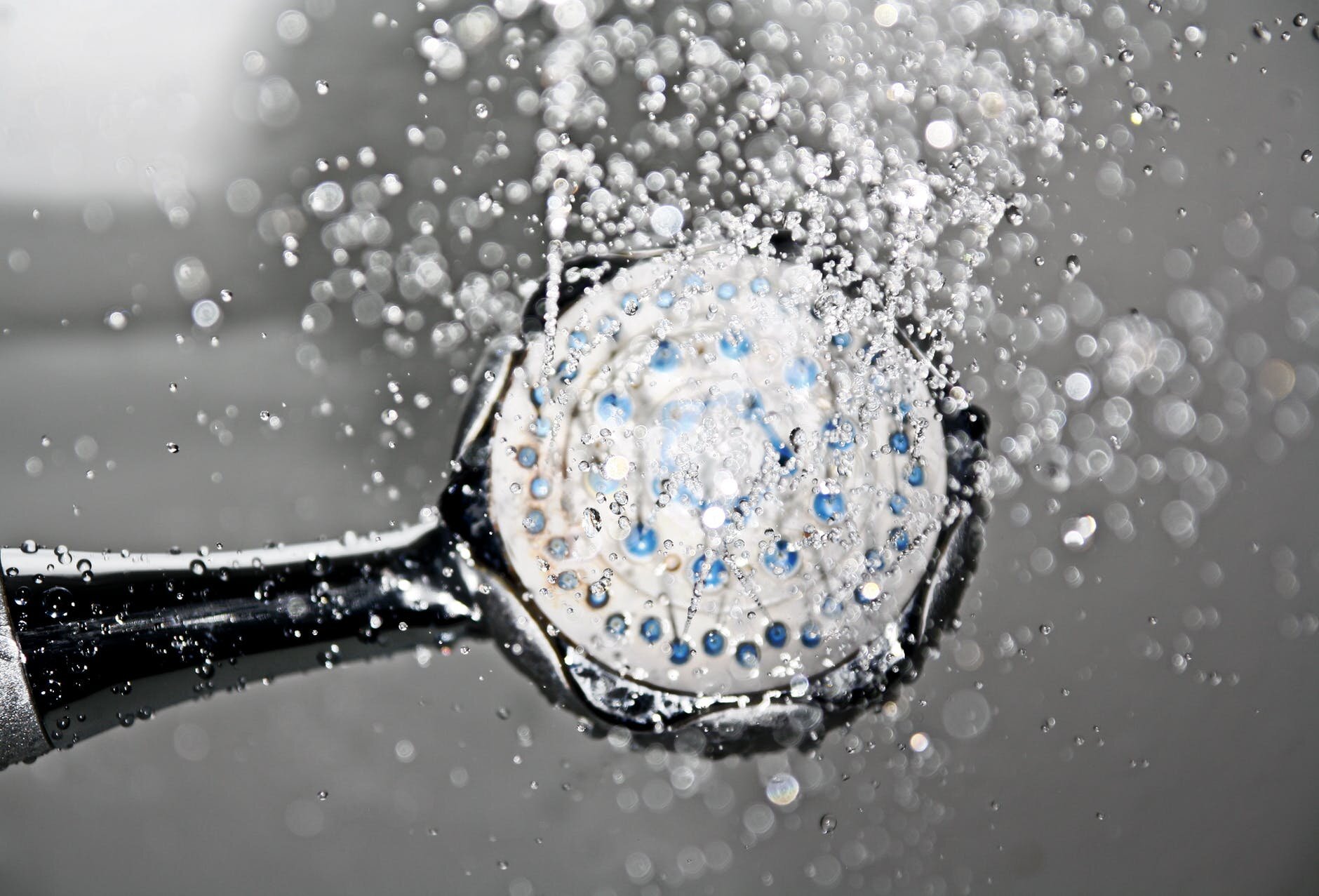By Emily Martinson, Au.D., Ph.D.
Whether you are new to hearing aids or have worn them for years, one thing nearly all hearing aid wearers know is that these highly advanced technological devices can be damaged by moisture. Here is what to do if your hearing aids get wet.
An audiologist provides a few first steps you can take if your hearing devices get wet. If these fail, try getting in touch with the provider.
1. Don’t panic! Most hearing aids these days have a special coating to protect them from moisture damage. While this coating isn’t waterproof, it is often splash-proof so that small amounts of water such as from perspiration will be repelled.
2. Try to determine how much water damage has occurred. Did you immediately remove your hearing aids from your ears after you got splashed while kayaking, or did the hearing aids somehow end up at the bottom of a pool for several hours? Regardless of the amount of water exposure, remove them from the moisture source right away.
3. Wipe away any visible moisture the best you can with a dry cloth or tissue. Open up the battery door, remove the battery, and wipe inside the battery compartment as well. If you have behind-the-ear hearing aids, also wipe underneath the dome or earmolds.
4. Use special hearing aid dryers and drying “jars” for hearing aids. Drying jars use moisture-absorbing beads to soak up any water that may have gotten into the hearing aids. Electric dryers plug into a wall outlet and are generally more effective than the jars (although the jars are more portable and don’t require electricity, making them ideal for activities like camping). Follow the manufacturer’s directions and dry your hearing aids overnight. The electric dryers often have the added benefit of sanitizing your hearing aids.
5. After drying out your hearing aids overnight, see if they still work. If not, contact your audiologist or hearing healthcare provider. Even if your hearing aids do work perfectly, it is still a good idea to follow up with your professional to let them know that your hearing aids were exposed to water.
6. If your hearing aid is relatively new, water damage may be covered under the warranty; ask your provider. This is also a good reason to get an extended warranty. If the damage is severe, the hearing aid may be replaceable using your insurance under loss and damage.
7. Take steps to make sure you don’t accidentally submerge your hearing aids again. Leaving a note taped to the shower door or inside your swim bag that says, “Take out hearing aids!” is very helpful. Sometimes just a reminder is all that is needed.
Emily Martinson, Au.D., Ph.D., is an audiologist at Live Better Hearing (formerly known as A&A Hearing Group) in Maryland and Virginia. This article originally appeared in the Spring 2017 issue of Hearing Health magazine.


